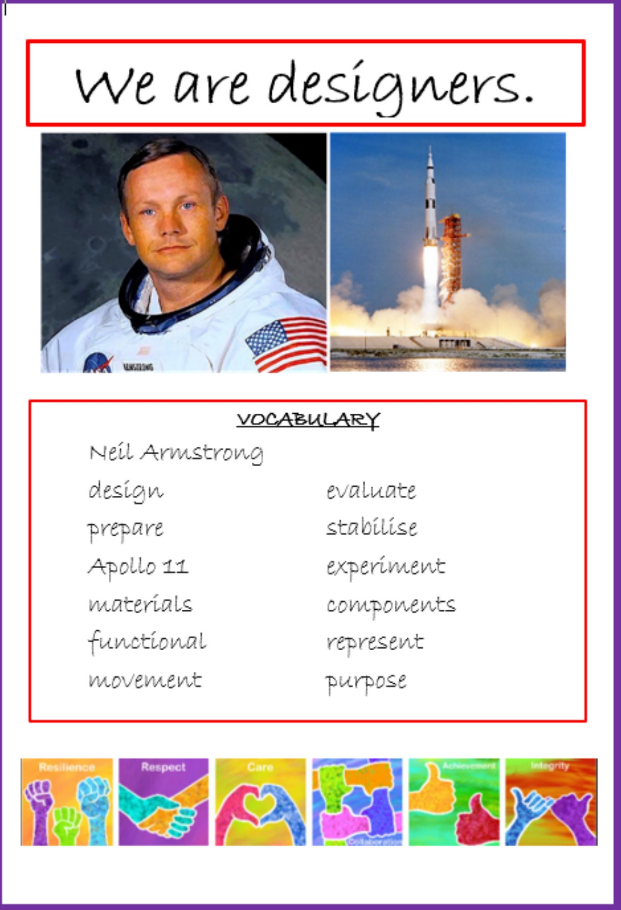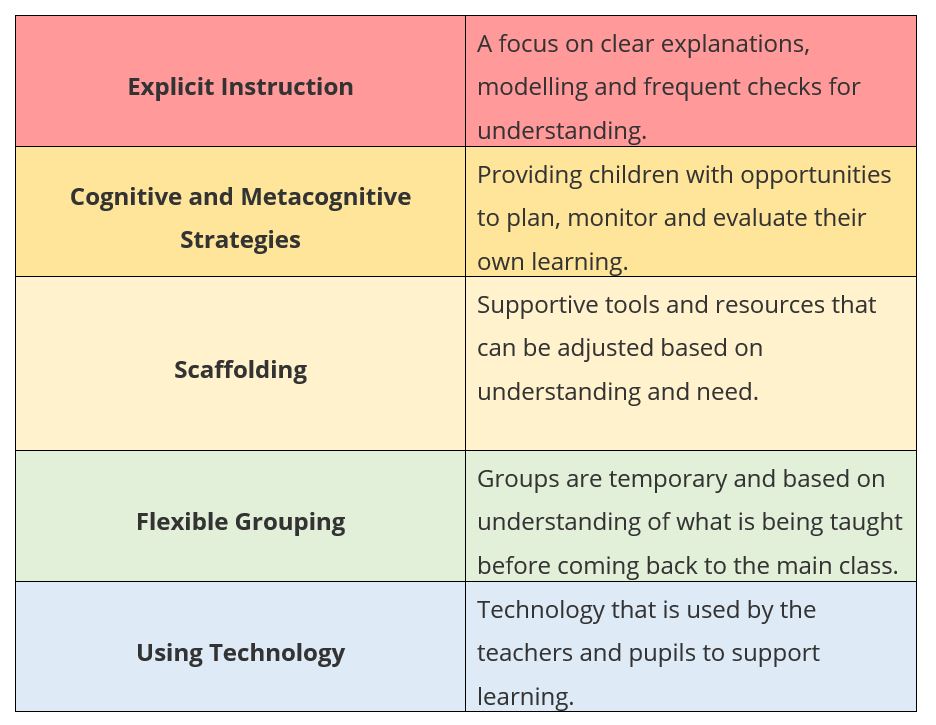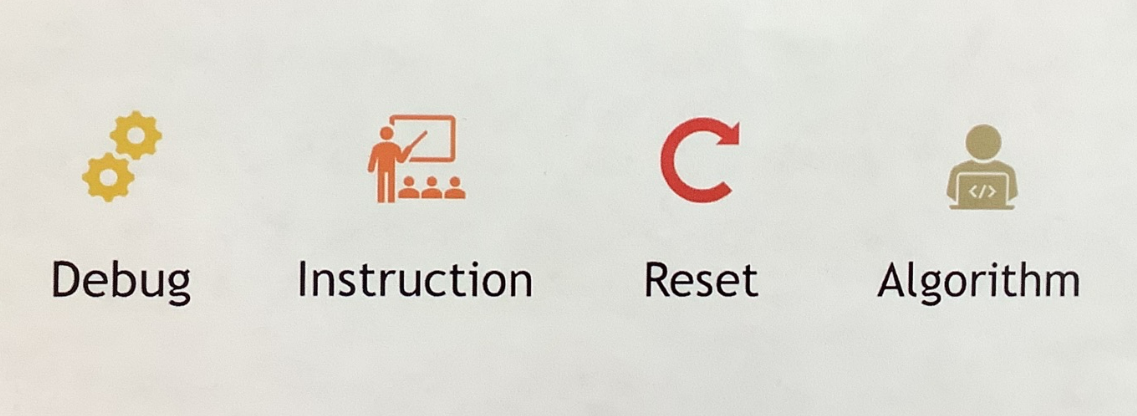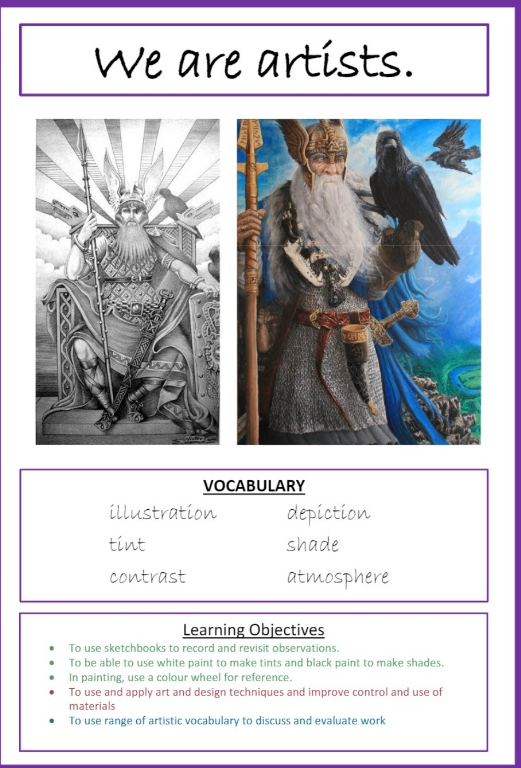Our Curriculum Explained
At Lower Farm Academy, our curriculum motivates, engages and inspires all of our pupils through a series of learning themes that we have titled ‘Learning Journeys’. The majority of the curriculum is delivered through this learning journey with each journey beginning with a hook for pupils to act as a launch into learning. Pupils are encouraged to ask questions, make links in their learning and connect with their previous learning. The ‘landing’ or end goal of the journey is also shared with pupils so they understand the context of their learning. All our learning journeys are linked to one core text that children explore in depth and a number of other texts that children use for comparisons and further reading. This creates a love for reading and a clear link between all subjects.
The learning journey that the pupils go on is covered in one book which ensures children are able to identify the links between different areas of the curriculum and its connection to real life experiences. The journeys allow for clear coverage of the National Curriculum and ensure that learning is progressive whilst reflecting on previous learning. Scaffolding ensures that children are able to access the learning independently with a range of resources to support independence. We are passionate about not placing a glass ceiling on children and supporting them to be successful.
https://www.gov.uk/government/publications/national-curriculum-in-england-primary-curriculum

A focus for our journeys is to prepare our pupils to be ‘secondary ready’ by the time they leave Lower Farm. This is achieved by providing contextualised, purposeful learning that develops ‘life skills’ and focusses on pupils’ development in becoming writers, mathematicians, readers, historians, geographers, theologists and so much more.
At Lower Farm Academy, we do not show the pupils our essential learning objective or any success criteria, as we encourage pupils to be able to articulate this as we journey through the learning session. Teachers ask three questions as they embark on their journey to know that learning is secure and purposeful: What are we learning about? Why are we learning about it? How are we going to be learning it? Pupils then return back to these questions during the learning sessions to allow them to reflect on their learning.
Pupils at our school take on a role in their learning and become artists, geographers, scientists, historians, theologists and so many real-life roles. We believe it is important that children understand the real-life application of their learning and that a subject is not merely something we learn in school but it has implications all around us. For example; We Are Designers – with a focus on a design brief and an understanding that everything we use has been designed for a purpose. Children’s books also reflect these roles.

Our learning environments engage and inspire pupils and is language rich to support the pupils’ oracy and writing development throughout the learning journey. Children are encouraged to use the environment independently and work is celebrated in a variety of ways. The use of washing lines across each class ensures children know where they can find the information they need to be successful.
Key Principles of our Curriculum:
- Raises aspirations
- Is purposeful and relevant and ensures that learning is contextualised
- Develops confidence and independence
- Celebrates the process of learning (metacognition) and the end product (cognition) whilst encouraging resilience for all children
- Is memorable and experiential
- Ensures children develop vocabulary to support their growing understanding
- Enables children to become mentally and physically healthy, resilient citizens
- Develops strong relations with the community- the school, local and wider community
- Promotes SMSC and British Values throughout
- Ensures that children are ready for their next stage of education (EYFS-KS1, KS1-KS2, KS2-secondary education)
5-A-Day Principle
Teaching and learning is underpinned by the 5-a-day principle (Education Endowment Foundation) with a focus on how we learn (metacognition) alongside what we are learning. Children receive quality first teaching across the curriculum with teachers using the 5-a-day principle to engage, inspire and motivate all children. The principles were developed as best practise for children who have special educational needs. At Lower Farm Academy we believe that using these principles for every child creates an inclusive curriculum where all children can thrive.
The 5 Principles:

Children are able to articulate their learning through our 3 key questions ‘what are we learning, why are we learning about it and how are we learning about it’. (What? Why? How?) Each class has these displayed in the room as key reminders to children that there is a purpose to their learning journey. This supports the 5-a-day principle by ensuring children have a visual support for their explicit instruction and cognitive/metacognitive strategies.
Vocabulary
At Lower Farm Academy we understand that vocabulary is pivotal to children’s understanding and development. For this reason we have interlaced our entire curriculum with a focus on vocabulary development. Each learning journey begins with exploring key vocabulary that children need to be able to understand and use throughout the learning journey to be able to access their learning. Key vocabulary is included in children’s books so that they are able to access this independently in their learning and our learning environments are language rich. We reflect on previously learnt vocabulary to build knowledge and understanding and have a progressive approach to vocabulary that matches the progression of learning journeys.


We also understand that children who are exposed to a large amount of rich literature from a very young age are likely to develop really strong language and understanding because of the fantastic vocabulary they have been listening to. Listening to long stories, short stories, poems, rhymes, songs and noticing patterns in words is a great first step to being articulate in our learning and starting our journey to becoming a fantastic reader. At Lower Farm Academy we have a large selection of high-quality texts which we rotate in each reading corner to ensure that language and vocabulary are a driving force for every part of our day. Children enjoy reading together, independently and as a class and are encouraged to explore new words, their meaning and how to use them in context.
We also understand that speech and language development is different for every child and all children will develop at their own pace. Some children will benefit from additional support in this area which is why every child is assessed when they enter Lower Farm Academy using Language Screen and then supported through a range of interventions such as Time To Talk and NELI. This information is shared with parents/carers/carers and parents/carers are supported to know what they can do at home in addition to help children reach their speech and language developmental milestones.
This website has some great tips on how to support your child with language development.
https://bedrocklearning.org/literacy-blogs/21-fun-ways-to-improve-your-child-s-vocabulary/